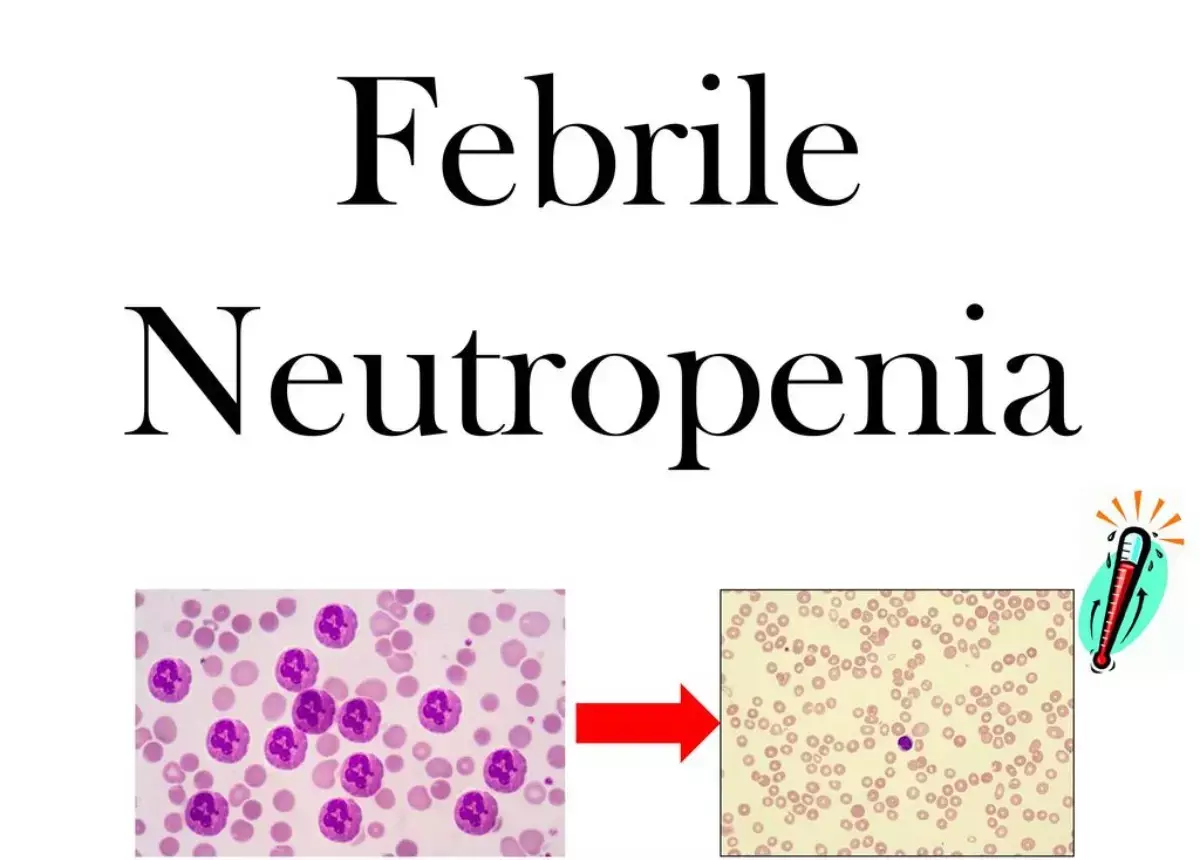- Home
- Medical news & Guidelines
- Anesthesiology
- Cardiology and CTVS
- Critical Care
- Dentistry
- Dermatology
- Diabetes and Endocrinology
- ENT
- Gastroenterology
- Medicine
- Nephrology
- Neurology
- Obstretics-Gynaecology
- Oncology
- Ophthalmology
- Orthopaedics
- Pediatrics-Neonatology
- Psychiatry
- Pulmonology
- Radiology
- Surgery
- Urology
- Laboratory Medicine
- Diet
- Nursing
- Paramedical
- Physiotherapy
- Health news
- Fact Check
- Bone Health Fact Check
- Brain Health Fact Check
- Cancer Related Fact Check
- Child Care Fact Check
- Dental and oral health fact check
- Diabetes and metabolic health fact check
- Diet and Nutrition Fact Check
- Eye and ENT Care Fact Check
- Fitness fact check
- Gut health fact check
- Heart health fact check
- Kidney health fact check
- Medical education fact check
- Men's health fact check
- Respiratory fact check
- Skin and hair care fact check
- Vaccine and Immunization fact check
- Women's health fact check
- AYUSH
- State News
- Andaman and Nicobar Islands
- Andhra Pradesh
- Arunachal Pradesh
- Assam
- Bihar
- Chandigarh
- Chattisgarh
- Dadra and Nagar Haveli
- Daman and Diu
- Delhi
- Goa
- Gujarat
- Haryana
- Himachal Pradesh
- Jammu & Kashmir
- Jharkhand
- Karnataka
- Kerala
- Ladakh
- Lakshadweep
- Madhya Pradesh
- Maharashtra
- Manipur
- Meghalaya
- Mizoram
- Nagaland
- Odisha
- Puducherry
- Punjab
- Rajasthan
- Sikkim
- Tamil Nadu
- Telangana
- Tripura
- Uttar Pradesh
- Uttrakhand
- West Bengal
- Medical Education
- Industry
Procalcitonin better marker than MASCC score in patients with febrile neutropenia: Study

Procalcitonin (PCT) is a helpful marker with better prognostic ability than MASCC score in patients with febrile neutropenia, suggests a study published in the Journal of Emergency Medicine.
A neutrophil is a type of white blood cell that plays a crucial role in the body's first line of defense. However, patients receiving chemotherapy treatments can experience a temporary fall in the number of their white blood cell counts; which is referred to as neutropenia.
While febrile neutropenia refers to the occurrence of a fever in a patient who already has neutropenia. Over the years, different risk-stratification scores have been developed to predict low-risk febrile neutropenia. Out of which, in 'The Multinational Association of Supportive Care in Cancer (MASCC) score' is most commonly used, although its performance varies due to its subjectivity. While biomarkers like procalcitonin are being actively used in patients with febrile neutropenia to detect bacteremia and other complications.
A study was conducted by Yadav S et. al to compare the effectiveness of MASCC score when compared to procalcitonin in estimating adverse outcomes in patients with febrile neutropenia.
The researchers conducted a prospective observational study that included chemotherapy-induced febrile neutropenia in hematologic or solid malignancy. At the first point of contact, the MASCC score, procalcitonin levels, and blood cultures were taken, from a total of 100 patients. Out of which 92 had hematologic malignancy and 8 had solid malignancy. The patients were treated as per the standard institutional protocol. The primary outcome was death at 30 days.
The findings of the study are as follows:
· 46 patients were categorized as low risk by MASCC score (greater than or equal to 21)
· The procalcitonin threshold at1.42 ng/mL was taken as a cut-off value, with the area under the receiver operating characteristic curve (AUROC) of 0.664 for estimating mortality.
· AUROC for MASCC was 0.586 (95% CI 0.462 to 0.711).
The researchers concluded that procalcitonin is a beneficial marker with superior predictive efficacy than MASCC score in patients with Febrile neutropenia and can be used simultaneously with the MASCC score in risk-stratifying patients with febrile neutropenia.
Reference:
Prognostic Value of Serum Procalcitonin Levels in Patients With Febrile Neutropenia Presenting to the Emergency Department by Yadav S et. al published in the Journal of Emergency medicine.
DOI: 10.1016/j.jemermed.2020.12.010
Dr. Shravani Dali has completed her BDS from Pravara institute of medical sciences, loni. Following which she extensively worked in the healthcare sector for 2+ years. She has been actively involved in writing blogs in field of health and wellness. Currently she is pursuing her Masters of public health-health administration from Tata institute of social sciences. She can be contacted at editorial@medicaldialogues.in.
Dr Kamal Kant Kohli-MBBS, DTCD- a chest specialist with more than 30 years of practice and a flair for writing clinical articles, Dr Kamal Kant Kohli joined Medical Dialogues as a Chief Editor of Medical News. Besides writing articles, as an editor, he proofreads and verifies all the medical content published on Medical Dialogues including those coming from journals, studies,medical conferences,guidelines etc. Email: drkohli@medicaldialogues.in. Contact no. 011-43720751


